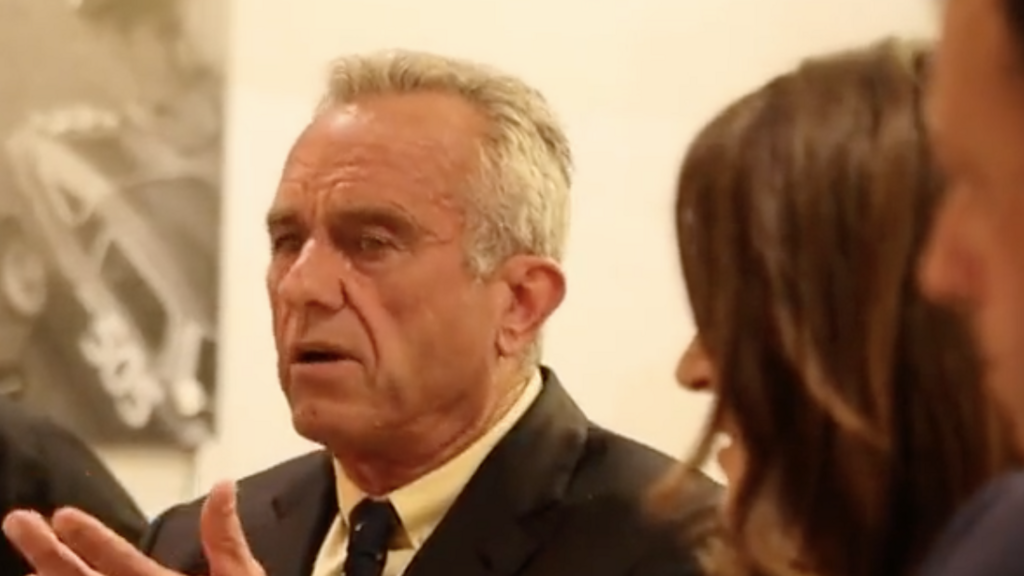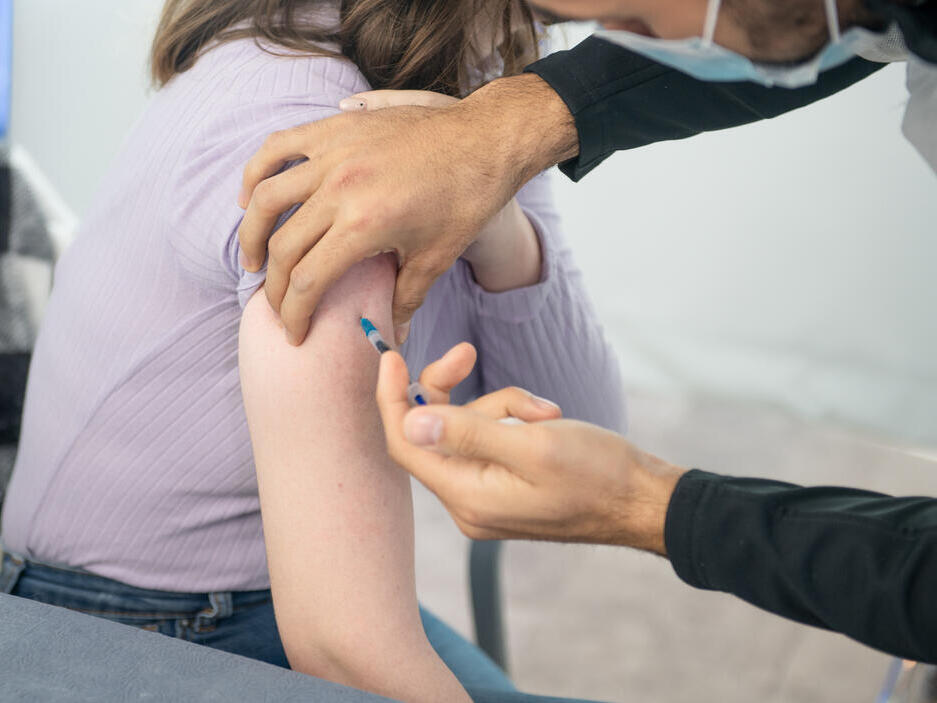Dr. Lakshmi Panagiotakopoulos, head of the CDC’s COVID-19 vaccine advisory team, unexpectedly announced her resignation after concluding that she "can no longer help the most vulnerable populations."
In a letter to her team sent on Tuesday, Panagiotakopoulos — a pediatrician and infectious disease specialist — said it was a personal decision. According to a Reuters report, she will leave the CDC entirely.
Her resignation follows a directive from U.S. Health Secretary Robert F. Kennedy Jr., a longtime vaccine skeptic appointed earlier this year. He ordered the removal of COVID-19 vaccines for children and pregnant women from the recommended immunization schedule, bypassing the standard procedure of review and public voting by the CDC’s external advisory panel (ACIP).
This decision caused a media uproar in the public health community and was widely seen as an unprecedented political intervention in the scientific regulatory process governing vaccine policy stateside.
Just days after Kennedy’s announcement, the CDC issued a contradicting guideline: COVID-19 vaccines would remain on the schedule for ages 6 months to 17 years, but only be administered following a doctor-parent consultation. The vaccine would also remain part of the program for low-income families. However, the guideline for pregnant women was revoked. Previously, vaccination was recommended for pregnant women due to potential complications; now, there is no guidance at all. Earlier CDC guidance recommended the vaccine for all Americans over six months of age.
Panagiotakopoulos had been a leading figure in collecting and presenting scientific data to the ACIP and was a prominent expert in COVID-19 vaccination since the pandemic began. She cited the inability to have a real impact on policies protecting at-risk populations as her main reason for resigning.
“My career in public health and vaccines was born out of a deep desire to help the most vulnerable. That’s a value I can no longer uphold in this role,” she wrote in an internal email.
Many of her colleagues are reportedly considering similar moves. One told Reuters: “More of us should resign in protest.” There is speculation that the advisory committee may meet in late June to vote on updated recommendations, but it’s unclear whether its decisions will carry any weight under Kennedy’s imposed policy changes.
Get the Ynetnews app on your smartphone: Google Play: https://bit.ly/4eJ37pE | Apple App Store: https://bit.ly/3ZL7iNv
Notably, even earlier this year, the committee was already leaning toward reducing vaccine recommendations and moving away from universal vaccination for healthy children. There was also internal disagreement about continuing to recommend vaccination for pregnant women — a group long considered at higher risk for severe COVID-19.
Kennedy’s decision to remove this recommendation stunned many professionals, who saw it as replacing scientific judgment with political interests. Panagiotakopoulos did not respond to media requests but made her protest clear in her final messages to colleagues.
Since Kennedy Jr. took office, criticism of the CDC’s conduct has intensified, partly because no permanent director has yet been appointed. Meanwhile, the debate over COVID-19 vaccines has once again become a flashpoint in the broader struggle between science and politics.





